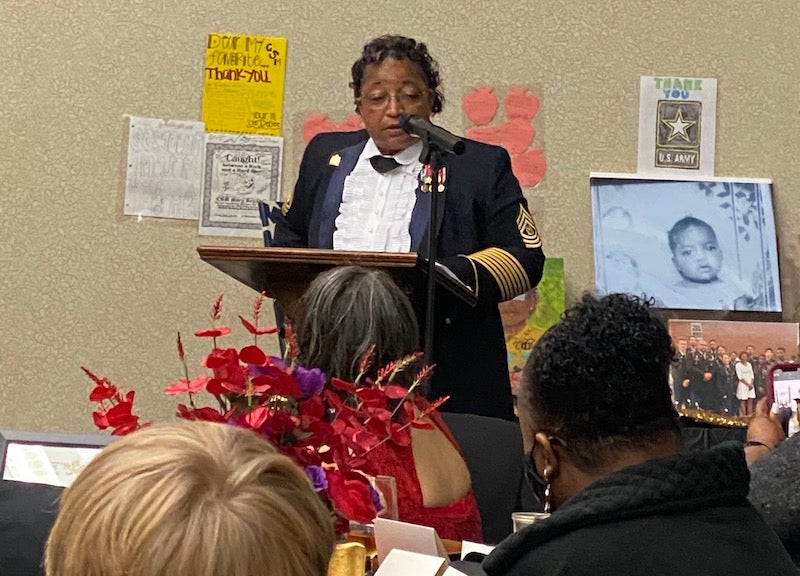No-nonsense guide to effective leadership skills, Part 2
Published 1:54 pm Monday, December 4, 2017
By JOHNNY CARCIOPPOLO / Community Columnist
Leadership isn’t an easy endeavor. There are good times, stressful times and times when it seems everyone is against you. But, great leaders will always be able to lead their team to a successful end, no matter what the situation is. Just because you are a leader, though, doesn’t mean you are a good one. An effective leader is one who lets other people develop and shine while working for the end goal.
Do you have the qualities it takes to be an effective leader?
- Honesty – Just as the foundation in a personal relationship is honesty, it is necessary in leadership, as well. Team members want to work with and for someone they can trust. A leader needs to have morals, values and integrity when dealing with team members.
- Clear communication – Followers need to understand clearly your goals and what you want from them. Consistent communication is necessary for establishing good work, constructive feedback and when training new members.
- Confidence – An effective leader has the confidence to lead through difficult situations. They must appear calm, confident and set a good example to those they are leading.
- Inspiring – Effective leaders are inspired by their business and pass that inspiration on to their team members. The leader inspires them to succeed and do their best in everything they do.
- Positive attitude – An effective leader stays positive in any situation. Staying positive sets the tone for the work attitude, which directly affects those you are leading. Showing interest in their personal lives and giving compliments are both forms of positivity that have a significant impact on their work.
- Decisive – Effective leaders make decisions that impact the people they lead and the company. People follow someone who weighs all the options and does what is right for the company and the people involved.
- Conscientious – A good leader is organized, compassionate and thoughtful, all components of conscientiousness. They sympathize with their followers and provide support and feedback when needed.
- Sense of humor – A leader with a sense of humor goes a long way in helping to create a positive work environment. It builds a sense of camaraderie among team members and leaders.
- Creative – When decisions need to be made quickly, an effective leader thinks outside the box for a solution. Team members look to their leader for guidance in situations that call for unexpected decisions.
- Open – Effective leaders encourage their team members to share ideas and allow each one be valued. They’re open to others’ ideas and encourage these traits in others.
An effective leader has many qualities. Some are a part of your personality, while others are skills learned. Either way, a good leader needs to develop many of these qualities in order to be an effective leader.








